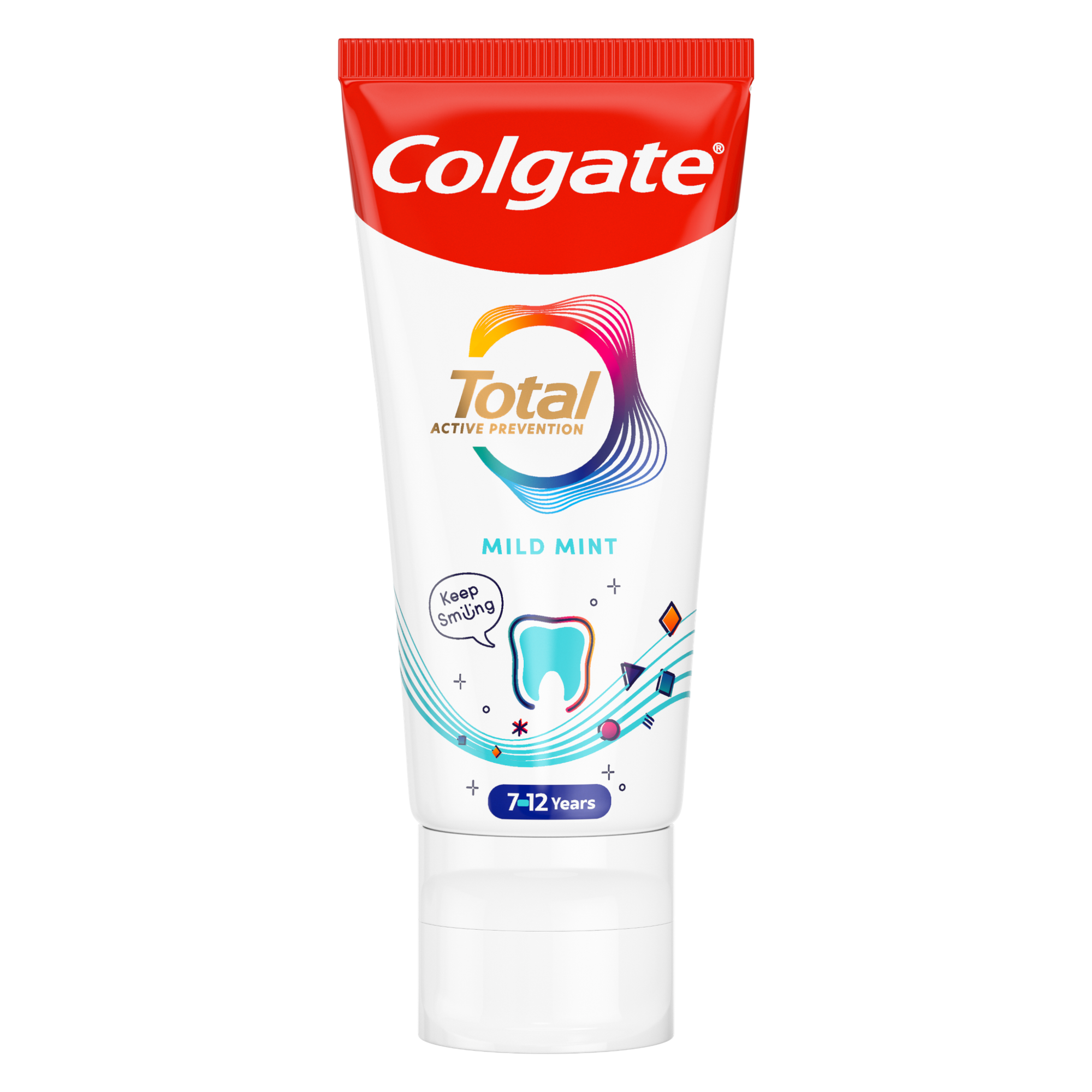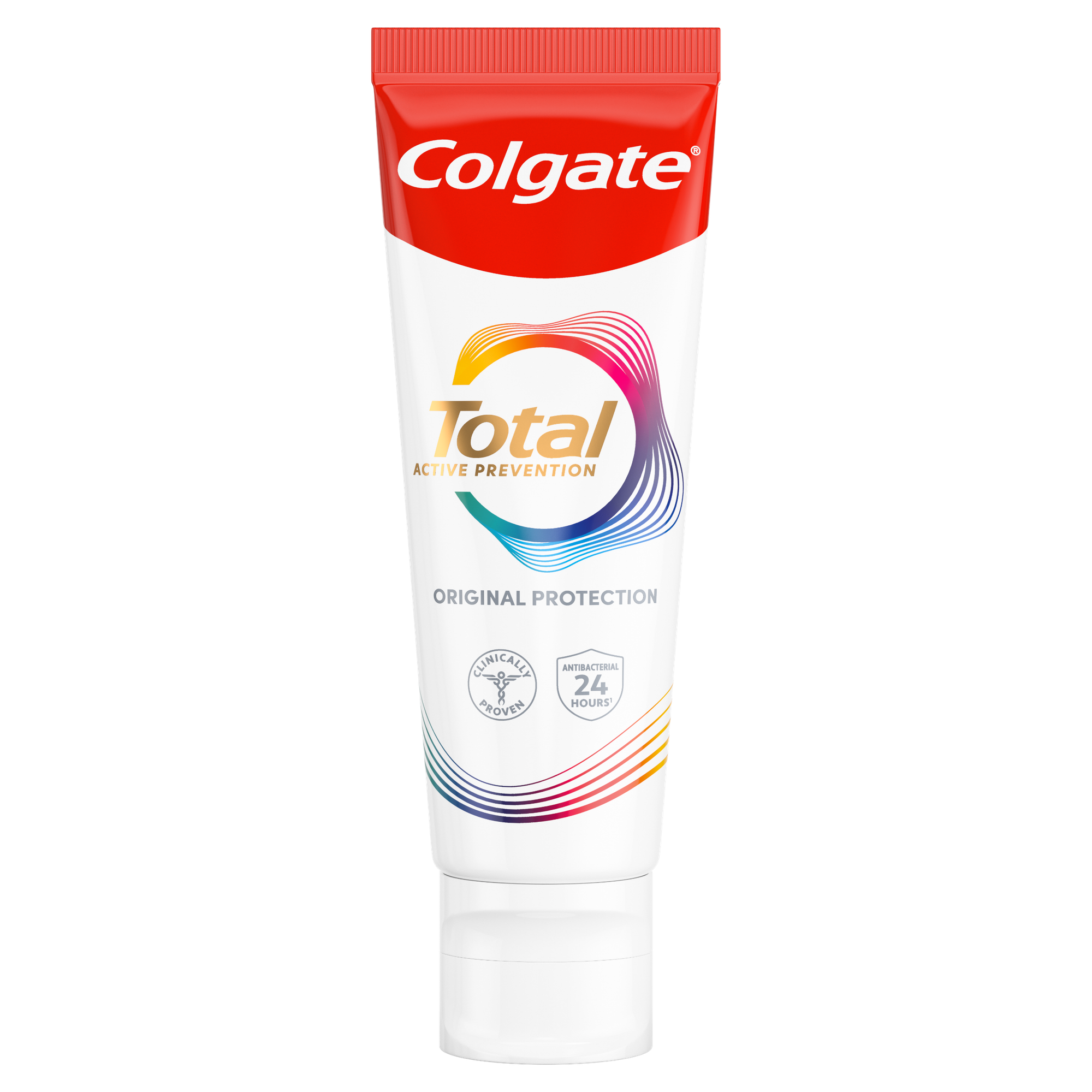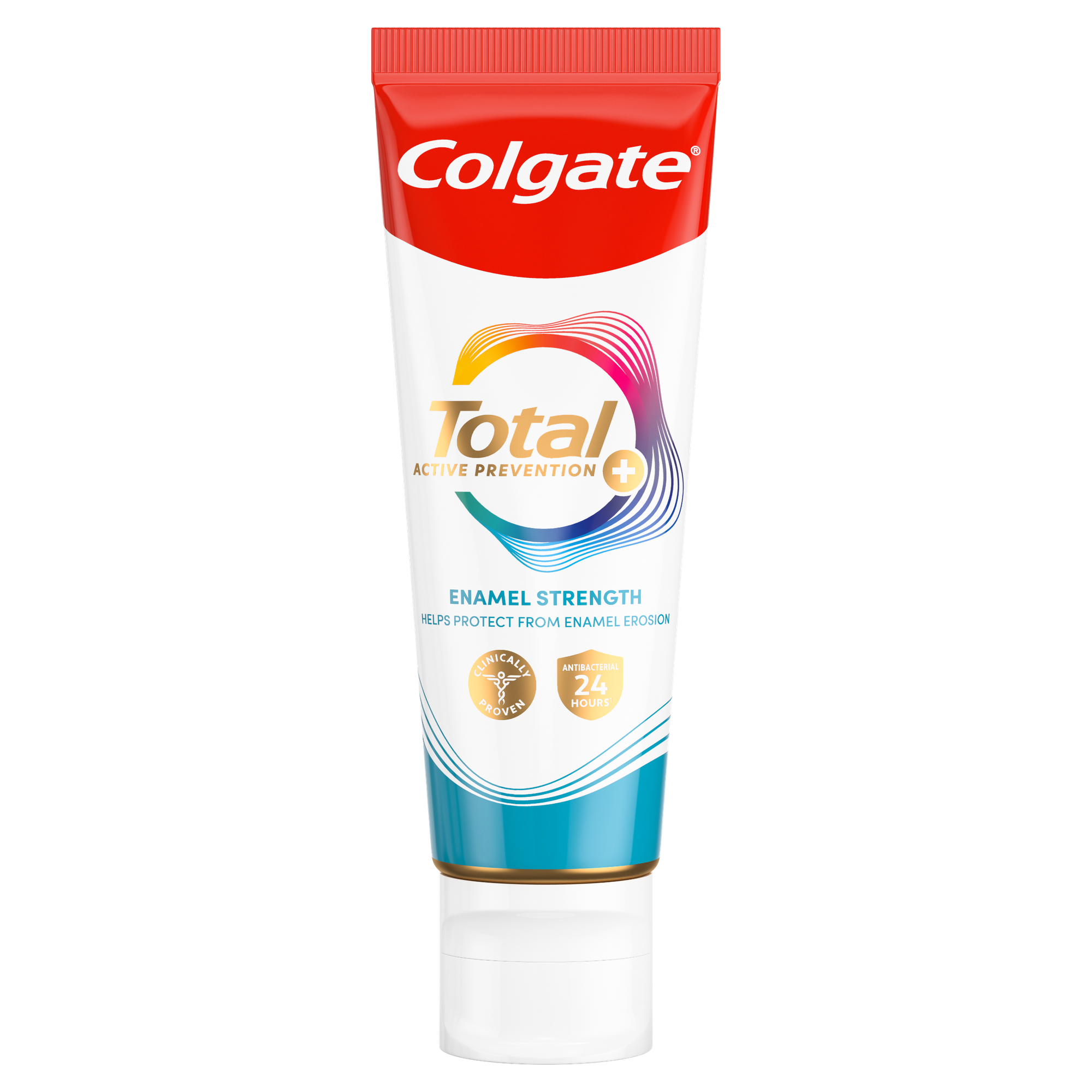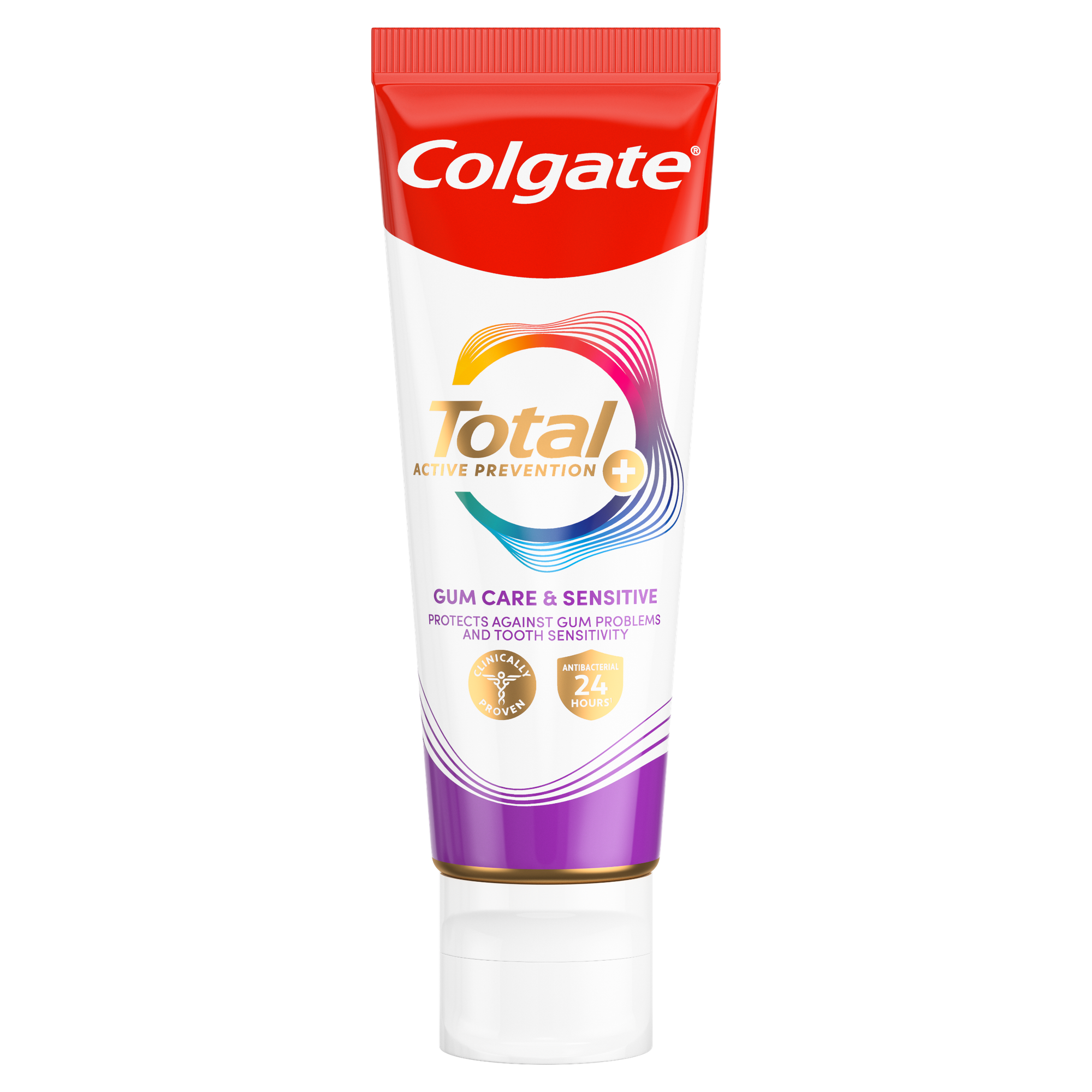Questions people frequently ask about veneers are: Are veneers permanent? How long do veneers last? According to the results of a trial published in the Journal of Dentistry, veneers last about ten years; however, they're not permanent — and how long veneers last depends on how you care for them. Most veneers are made out of porcelain that provides excellent aesthetics and longevity.
What Are Veneers?
While you may associate veneers with "Hollywood smiles", getting veneers is one of the most common ways to fix gaps, stains, and chips in your teeth. Veneers are a thin shell that's attached to the front of your teeth.
The procedure is relatively simple: After you and your dentist determine that veneers are a good solution for you, your dentist will take impressions of your teeth. The impression will be used to make a model of your teeth for fabricating your veneers. The dentist will use a shade guide to determine the veneers' colour so that they will match your adjacent teeth and give your teeth a natural appearance. The completed veneers are then cemented into place.
Permanent Fix?
With proper care – routine dental hygiene and regular visits to your dentist – dental veneers can last for many years. It's also worth noting that the process itself is typically irreversible because, according to Bupa, your dentist must shape your tooth and remove some enamel from it to accommodate the veneer. That means that if you need to remove a veneer, you'll have to replace it with a new one.
Maintaining your veneers helps increase longevity. Care for your new veneers the same way that you care for the rest of your teeth. Good oral hygiene is essential. Avoid biting into hard foods and checking ice to prevent breakage. Like normal teeth, veneers are susceptible to staining, so avoid eating and drinking tooth-staining foods and beverages, such as coffee, tea, red wine, and blueberries.
Making Them Last
How long do porcelain veneers last? Getting the most out of your veneers (and your beautiful sparkling smile) comes down to making sure you treat them well. Here are some easy ways to care for your veneers:
- Avoid Grinding: Have a habit of grinding or clenching your teeth? Your dentist may recommend a bite guard to wear at night-time to ensure you won't damage your veneers.
- Brush and Floss Regularly: This one's easy — make sure you're brushing and flossing or cleaning between your teeth regularly and checking in with your dentist if you experience any issues.
- Wear Oral Protection: If you play a sport, consider wearing a mouthguard to avoid any potential chips or cracks.
- Don't Bite Hard Surfaces: Never use your teeth, including those with veneers, to open packages or loosen knots, as doing so could damage your veneers.
If you are concerned about the appearance of your teeth, veneers can be an excellent, durable way to fix aesthetic issues so that you can smile more often, more brightly, and more confidently. If you're interested in the possibility of veneers, talk to your dentist to get more information.
This article intends to promote an understanding of and knowledge about general oral health topics. It is not a substitute for professional advice, diagnosis, or treatment. Always seek the advice of your dentist or other qualified healthcare providers with any questions you may have regarding a medical condition or treatment.
ORAL HEALTH QUIZ
What's behind your smile?
Take our Oral Health assessment to get the most from your oral care routine
ORAL HEALTH QUIZ
What's behind your smile?
Take our Oral Health assessment to get the most from your oral care routine













